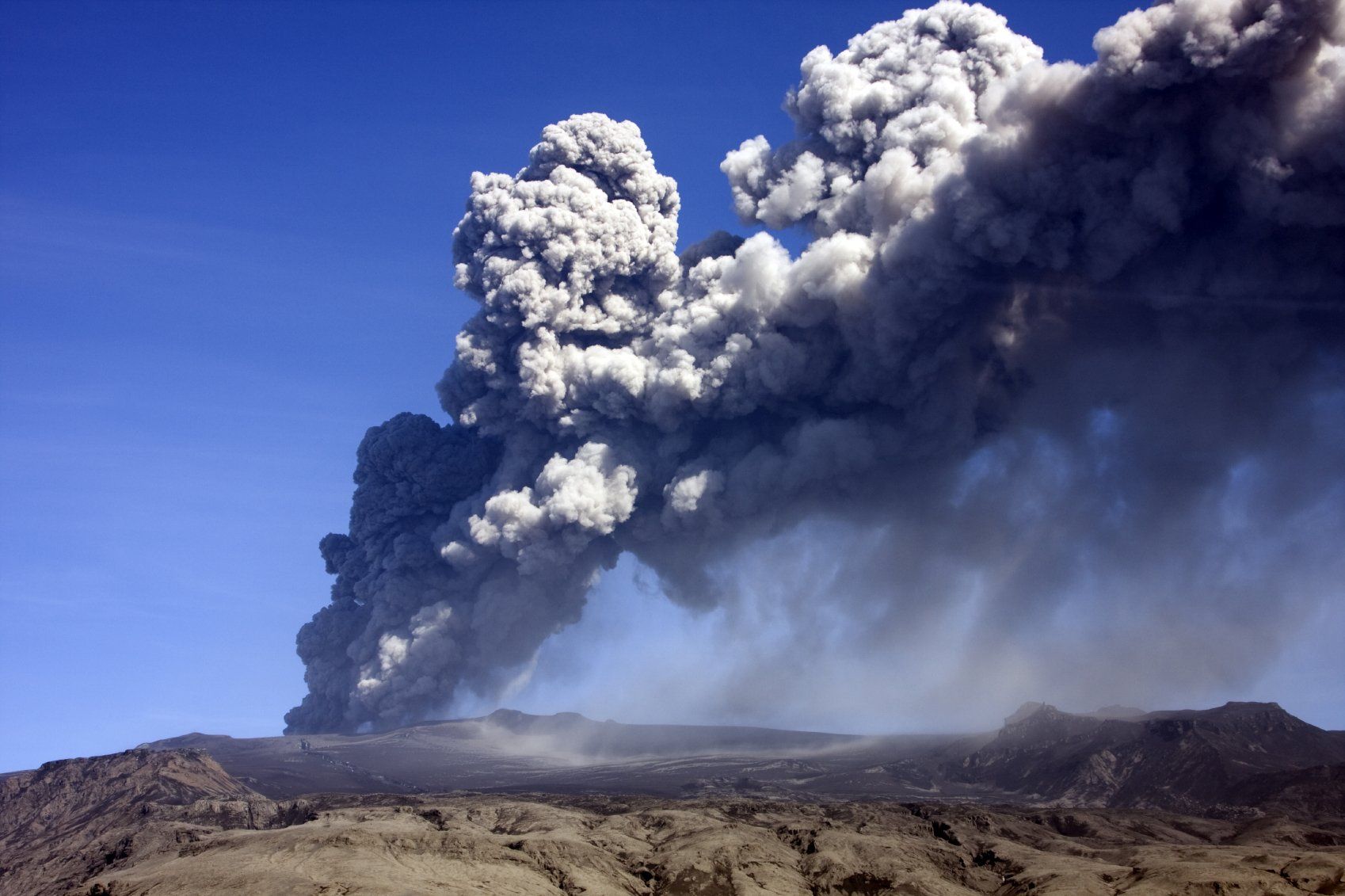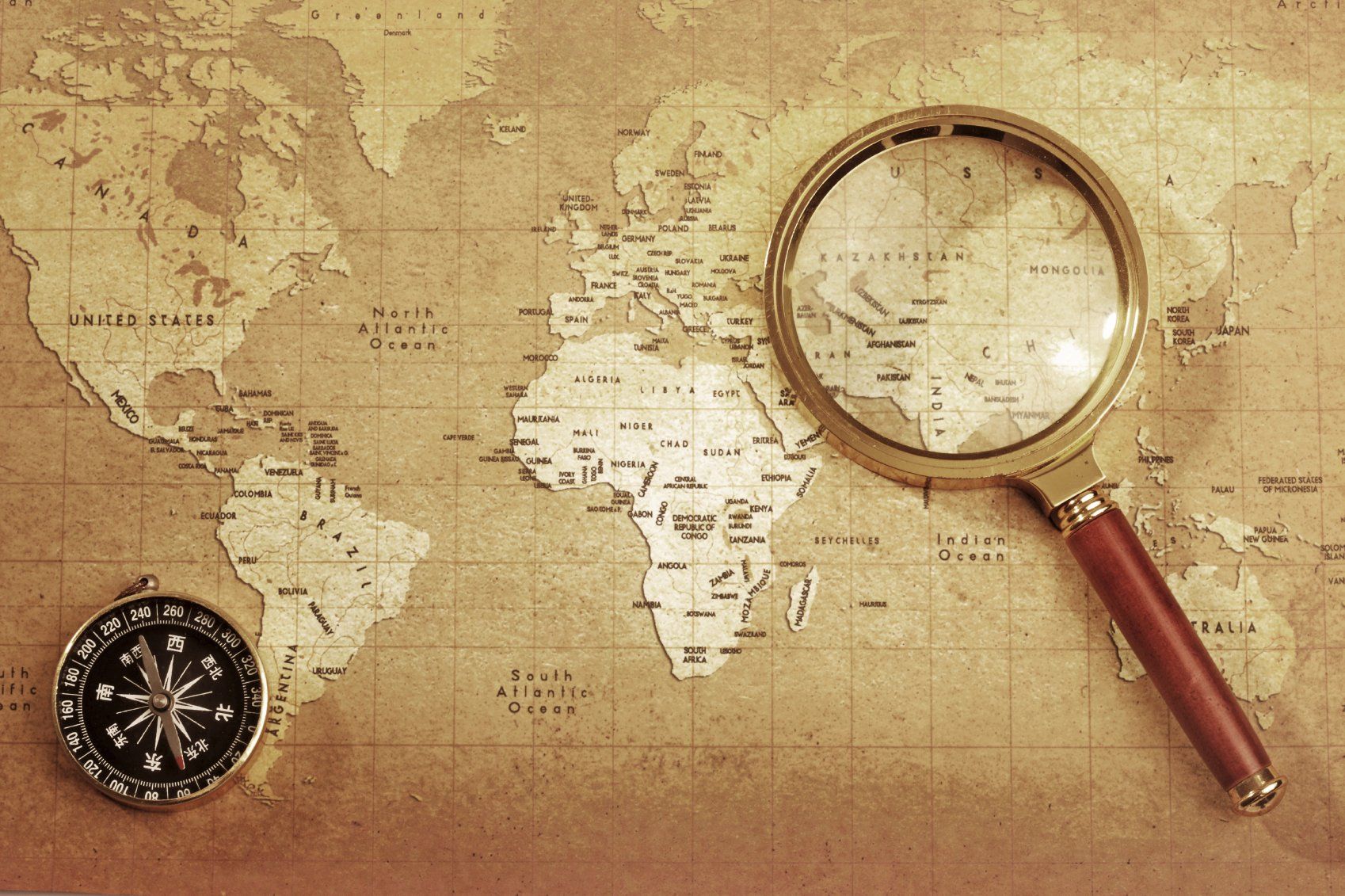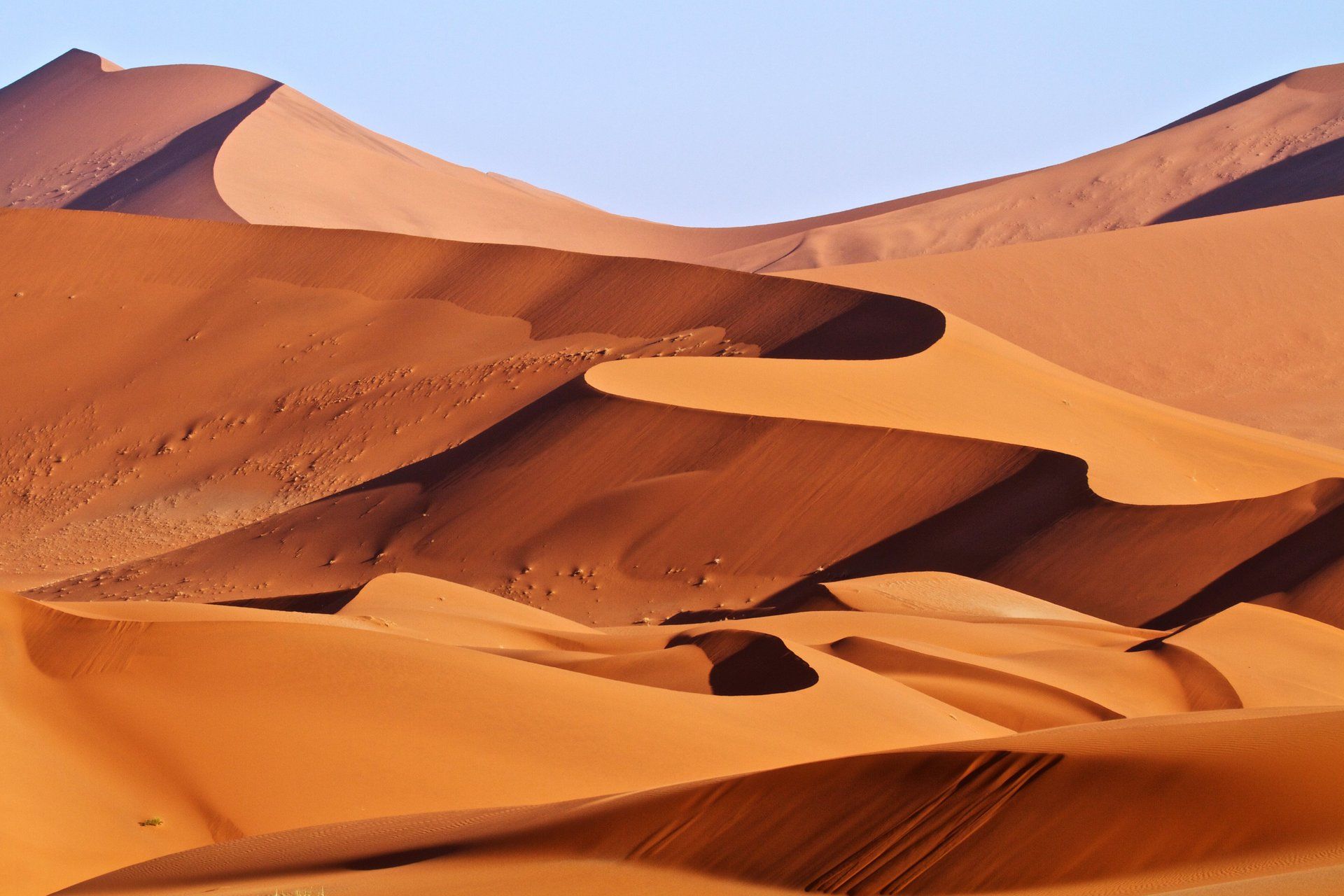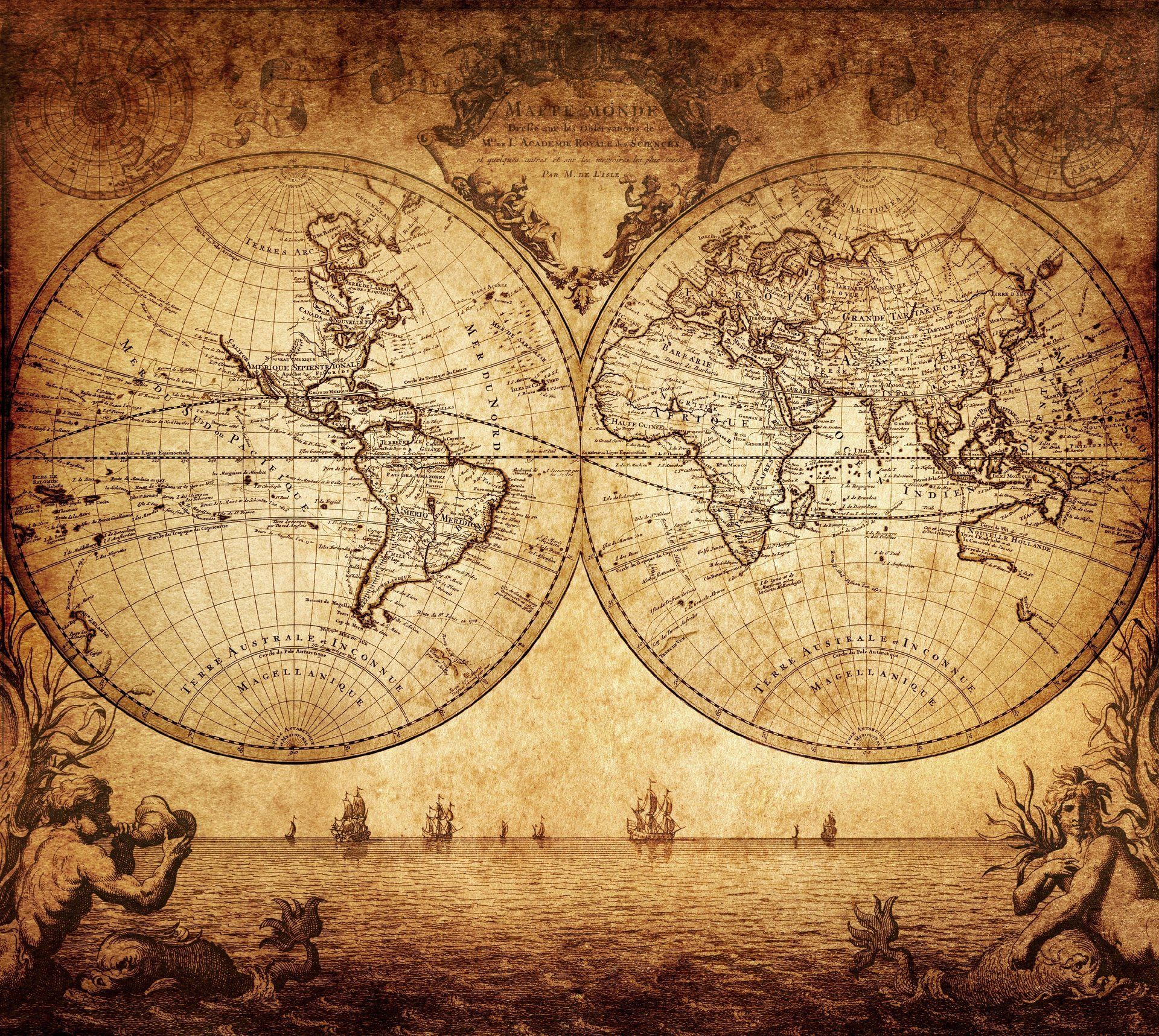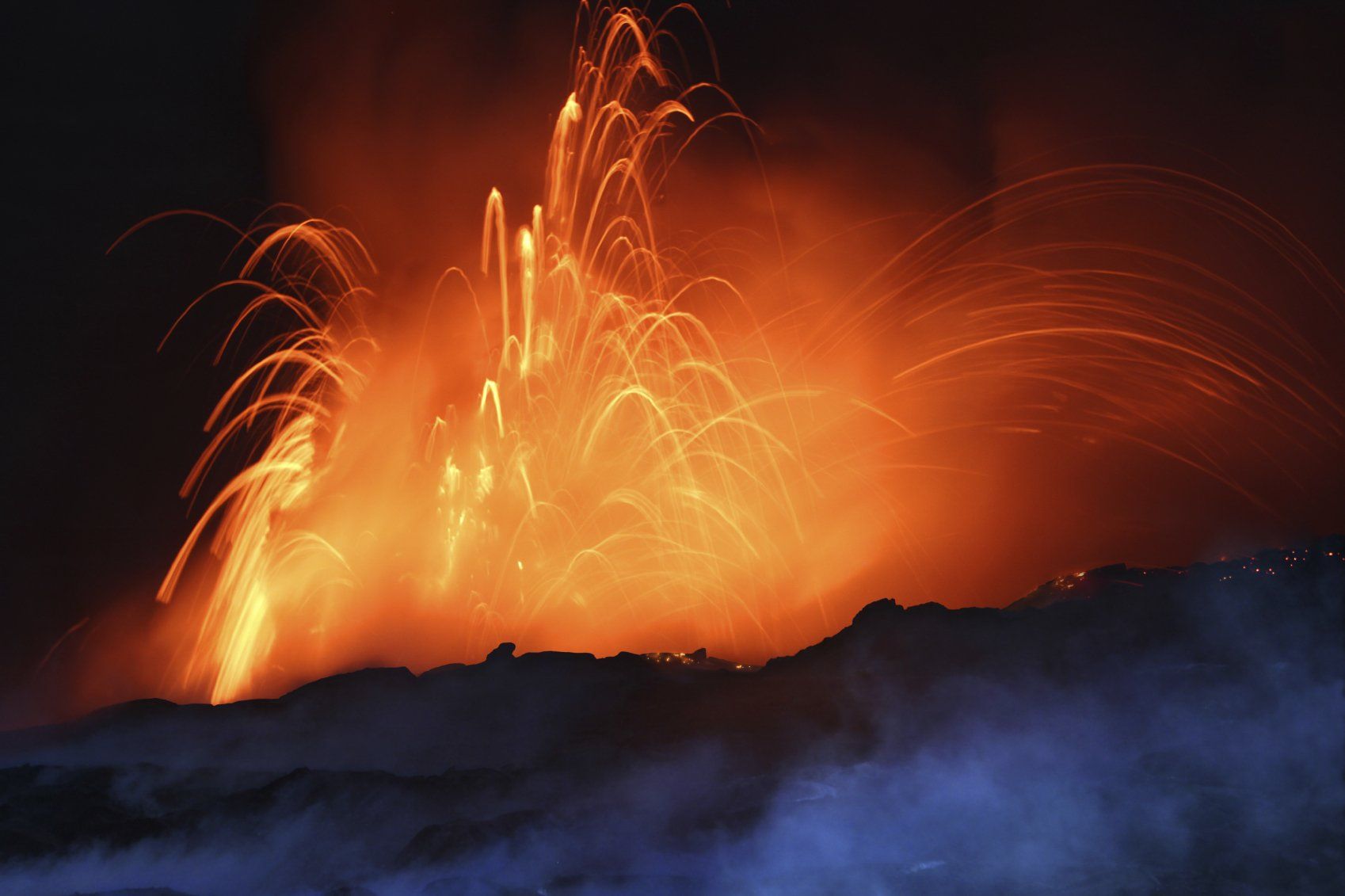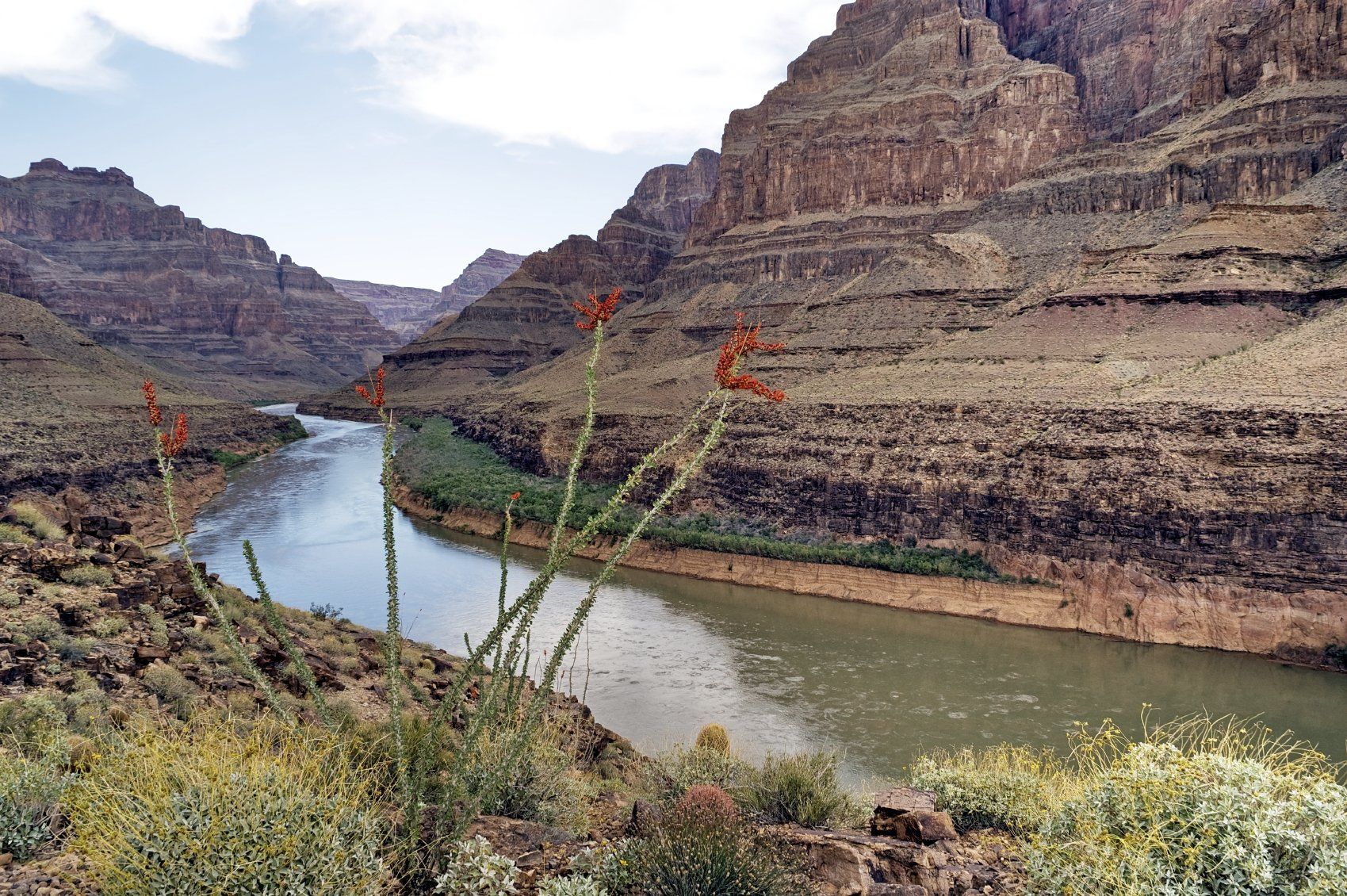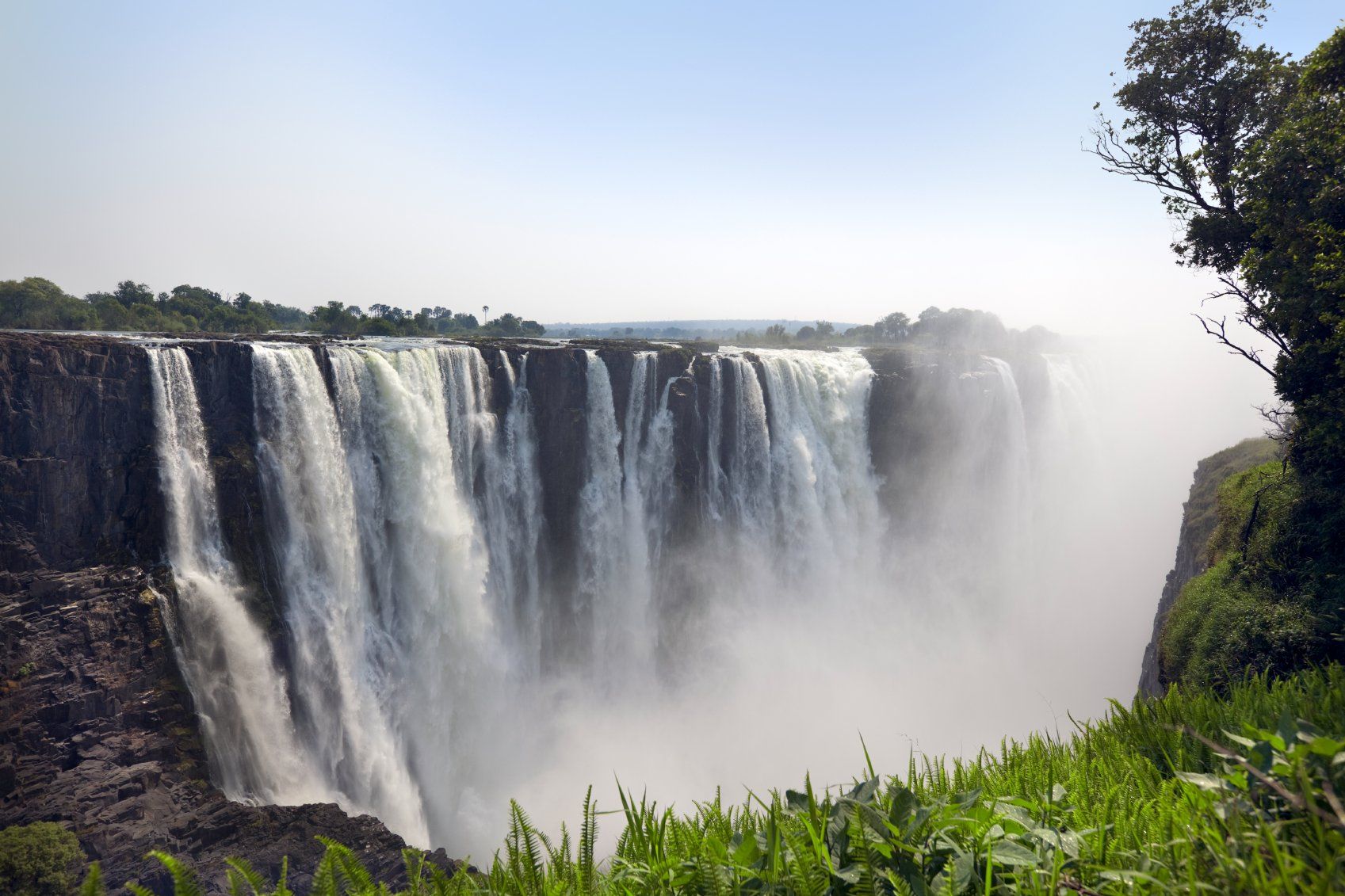Commit to Lifelong Learning
"perpetuam uitae doctrina!"
"Live as if you were to die tomorrow.
Learn as if you were to live forever."
Mahatma Gandhi.

Adventures in Geography: What is Geography?
Enrich Your Life! We are here to point you in the right direction and cheer you on.
Add more tidbits of knowledge into your lifelong-learning tool box!
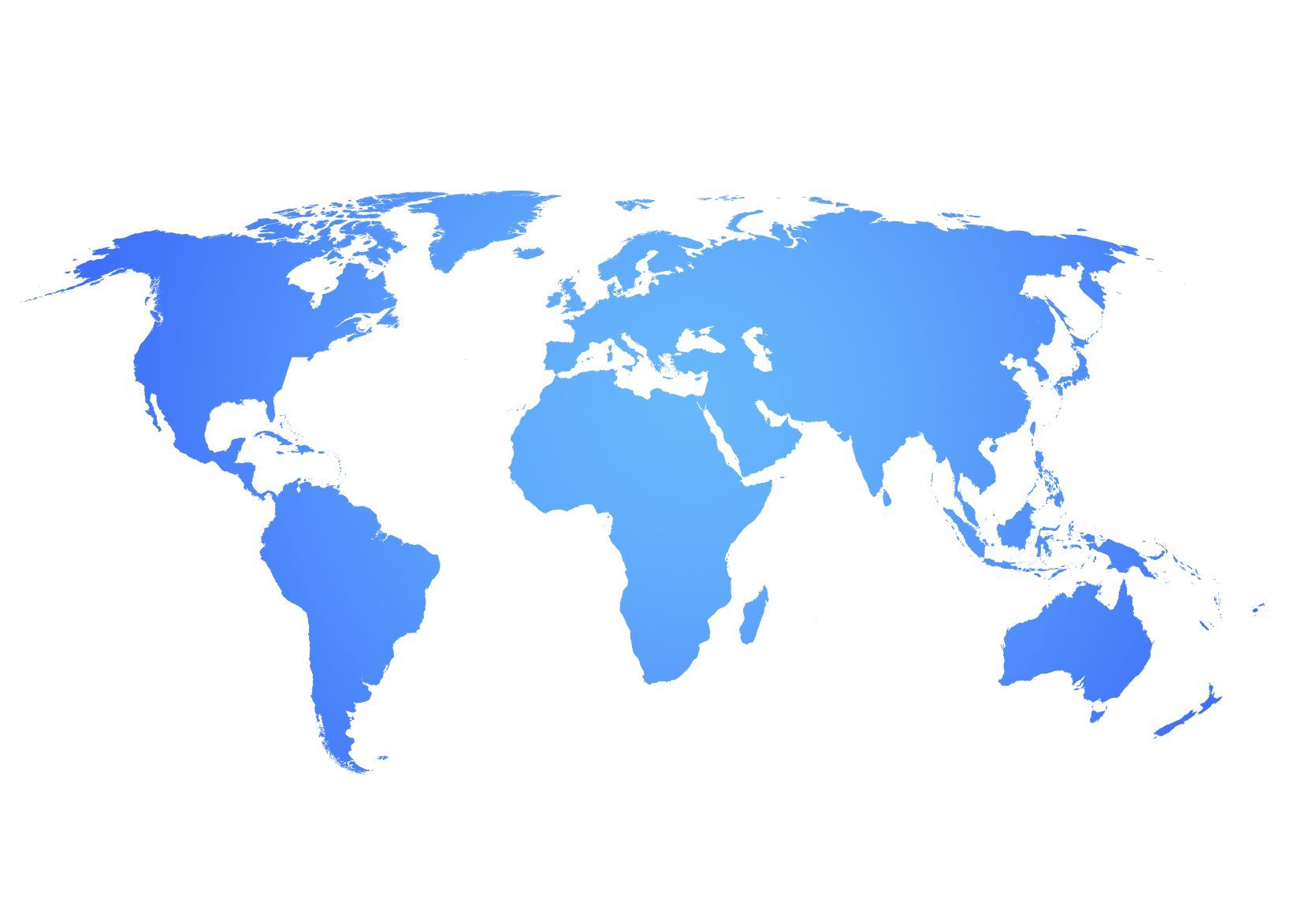
Table of Contents
- What is Geography?
- The Importance of Geography in Understanding the World
- How Geography Shapes Human History and Culture
- The Role of Geography in Global Issues and Challenges
- Studying Geography as a Career Choice
- The Primary Sub-branches of Geography
1). What is Geography?
When we think of Geography, the first thing that comes to our mind is probably a map or the names of different places. While these are undoubtedly important elements of Geography, this discipline is much more than that.
Geography is a social science that deals with the study of the earth, its features, and its inhabitants. It explores the relationship between humans and their physical and cultural environments, analyzing the patterns and processes that shape the world we live in.
Geography encompasses many topics, including physical geography (such as landforms, climate, and natural resources) and human geography (such as population, culture, and urbanization). It is a multidisciplinary field that draws from many subjects, including history, economics, and ecology.
Geography is also a dynamic subject that is constantly evolving. As the world changes, so does Geography. The discipline is constantly adapting to new developments and exploring emerging issues, such as climate change, globalization, and sustainability.
Overall, Geography is an essential subject that provides us with a deeper understanding of the world around us. Whether we are studying the physical landscape or human societies, Geography helps us to connect the dots and make sense of the complex interactions that shape our world.

Geography is a vital subject that allows us to understand our world. It is not just about learning the names of places or looking at maps. Geography encompasses a wide range of knowledge and skills that can help us to make sense of our planet.
Geography provides us with a basic understanding of the physical and human aspects of the planet.
Physical geography involves the study of natural features and phenomena such as mountains, rivers, climates, and weather patterns.
Human geography examines the relationship between people and the environment.
By understanding these key aspects of geography, we can comprehend how different regions and cultures develop and function.
Geography is also essential for comprehending the history and culture of different regions. Many important events throughout history were shaped by geographical factors. For example, the discovery of the Americas by European explorers would not have been possible without the knowledge of the earth's geography. Additionally, the differences in language, religion, and customs across different regions are often tied to geographical factors, such as access to resources and natural barriers.
Moreover, geography is critical for understanding global issues and challenges such as climate change, environmental degradation, and political conflicts. Understanding the physical geography of different regions can help us to identify and mitigate natural disasters and climate-related events. At the same time, knowledge of human geography can help us to understand the cultural and social factors that contribute to conflict and the way people perceive global issues.
Finally, studying geography can open up exciting career paths. Geography graduates can work in a wide range of fields, including urban planning, international relations, environmental science, and tourism. There is an increasing demand for skilled geographers in fields such as GIS (Geographic Information Systems) and data analysis.
3). How Geography Shapes Human History and Culture

Geography has always been a fundamental element in shaping human history and culture. Many historians believe that geography played a crucial role in shaping civilizations. For example, the ancient Greeks were seafarers and traders because of the rugged geography of their country. At the same time, the Egyptians were able to thrive as a civilization because of the Nile River.
Geographical factors affect where, and how, people live. The environment and resources that surround a community can dictate their lifestyles and economies. For example, a society living near the coast may rely heavily on fishing and seafood, while a community in the mountains may have to rely on farming and raising livestock for sustenance.
Furthermore, the cultural identity of a group of people can be heavily influenced by their geographical location.
This can be seen in the way that traditional foods, music, clothing, and language are influenced by the environment in which a group of people live. In this way, geography has shaped the cultural diversity that exists in the world today.
It is also worth noting that geography has played a role in determining which civilizations became dominant.
In ancient times, civilizations with access to fertile land and abundant resources were often able to thrive, while those without struggled to survive.
In modern times, the development of infrastructure such as transportation and communication systems has allowed certain regions to become more economically powerful than others.

Geography is a crucial factor in understanding global issues and challenges. From climate change and resource depletion to geopolitical conflicts and social inequality, geography plays a pivotal role in shaping and addressing these complex problems.
For instance, the impacts of climate change are not uniform across the globe; some regions are more vulnerable than others due to their physical geography and socioeconomic conditions. To mitigate and adapt to climate change, it is necessary to take into account the geographic factors that contribute to the problem and their implications for different regions and communities.
Similarly, natural resource management and conservation depend on an understanding of the physical and cultural geography of a place. The availability and distribution of resources, as well as the cultural practices and attitudes towards them, can affect their sustainability and equitable use. By studying geography, we can better grasp the relationships between human societies and their natural environment, and identify strategies for sustainable development.
Geography also plays a key role in understanding geopolitical conflicts and social inequality. The distribution of political power, resources, and cultural identities is often shaped by geographic factors such as borders, topography, and natural resources. By examining the geography of conflict and inequality, we can gain insights into their causes and potential solutions.
In summary, geography is essential for addressing global issues and challenges in a holistic and informed manner. By understanding the interactions between humans and their environment, we can identify the root causes of problems and develop effective strategies for sustainable and equitable development.
Moreover, studying geography can foster global citizenship and empathy by expanding our knowledge of the diversity and complexity of the world we live in.
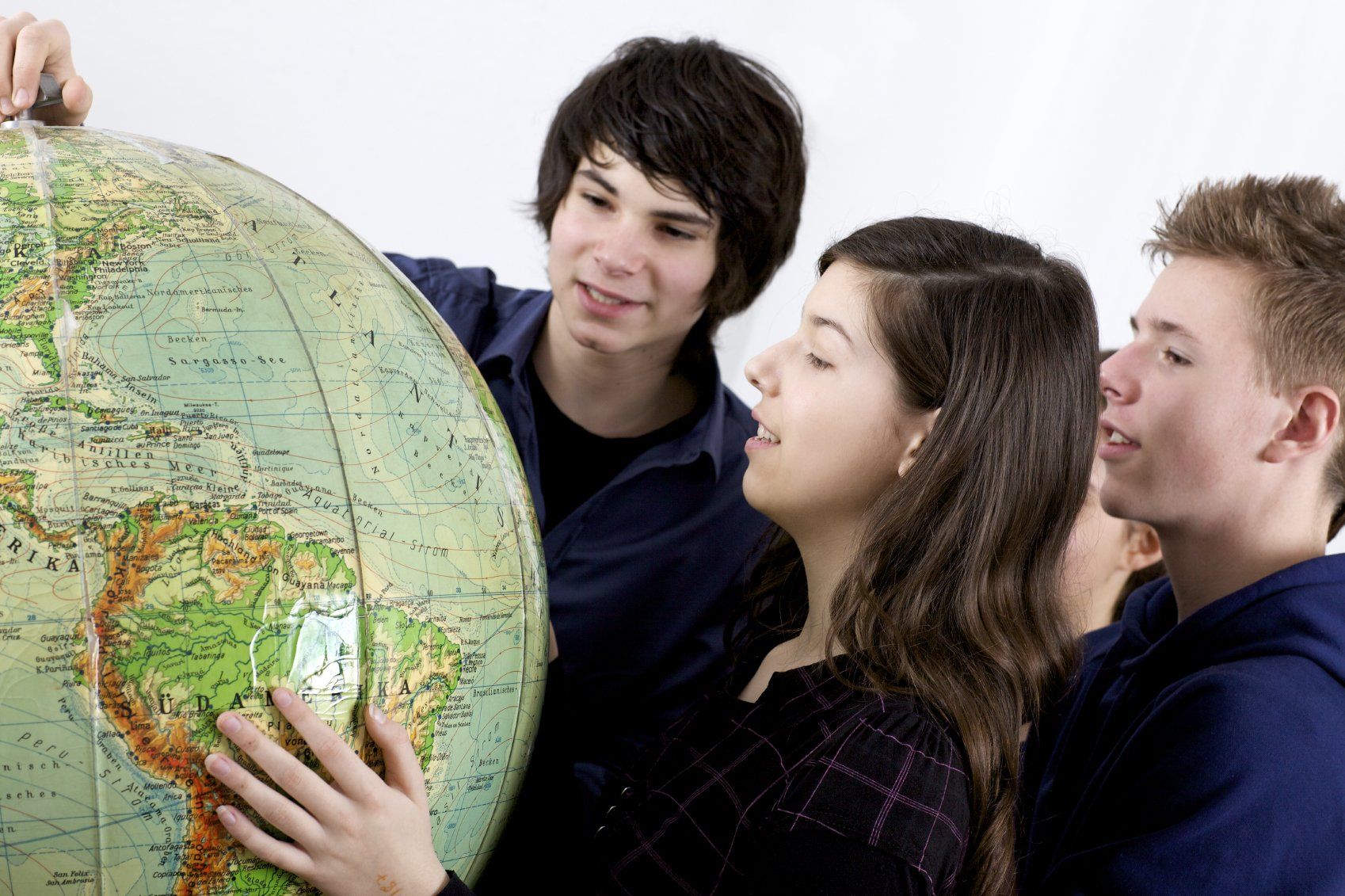
While many people think of geography as simply the study of maps and locations, it is a multidisciplinary field with numerous career opportunities. Geography involves the study of physical features, human cultures and societies, the environment, and global issues such as climate change and natural disasters.
Geographers can work in a variety of fields, including urban planning, environmental science, cartography, disaster management, and international development. In today's world, the knowledge and skills gained through studying geography are increasingly valuable as businesses, organizations, and governments become more globally connected.
For those interested in pursuing a career in geography, there are a variety of educational pathways available. Many universities offer geography degree programs at the bachelor's, master's, and doctoral levels, with courses covering topics such as cultural geography, urban geography, physical geography, and geospatial technology.
In addition to traditional classroom-based education, there are also many opportunities for hands-on learning and practical experience in the field of geography. Internships and fieldwork can provide valuable experience working with geospatial technology, data analysis, and project management, as well as exposure to the diverse career paths available to geography graduates.
Overall, studying geography can lead to a rewarding and fulfilling career with a wide range of opportunities. Whether working in the public or private sector, geographers can make a meaningful impact on global issues and challenges, while also contributing to the advancement of their chosen field.
6). The Primary Sub-branches of Geography
The primary sub-branches are:
- Demography
- Economic Geography
- Biogeography
- Hydrology
- Political Geography
- Urban Geography
- Climatology
- Meteorology
- Geomorphology
- Cartography...
Learn a bit more about Demography, Economic Geography, and Biogeography here>>
A Career in Geography
Have you ever looked at a map and wondered about the places marked on it? Have you ever been curious about the land, the weather patterns, the natural resources, and the people who inhabit different regions of the world? If yes, then geography may be the perfect field for you to explore.
Geography is not just about memorizing place names and physical features. It is an interdisciplinary subject that combines elements of earth sciences, social sciences, and humanities to study the spatial distribution and interaction of natural and human phenomena on Earth.
A career in geography can open up a wide range of exciting and meaningful opportunities that match your interests, skills, and values. In this blog post, we will guide you through the various paths you can take to find your place in the world of geography.
Research and Resources
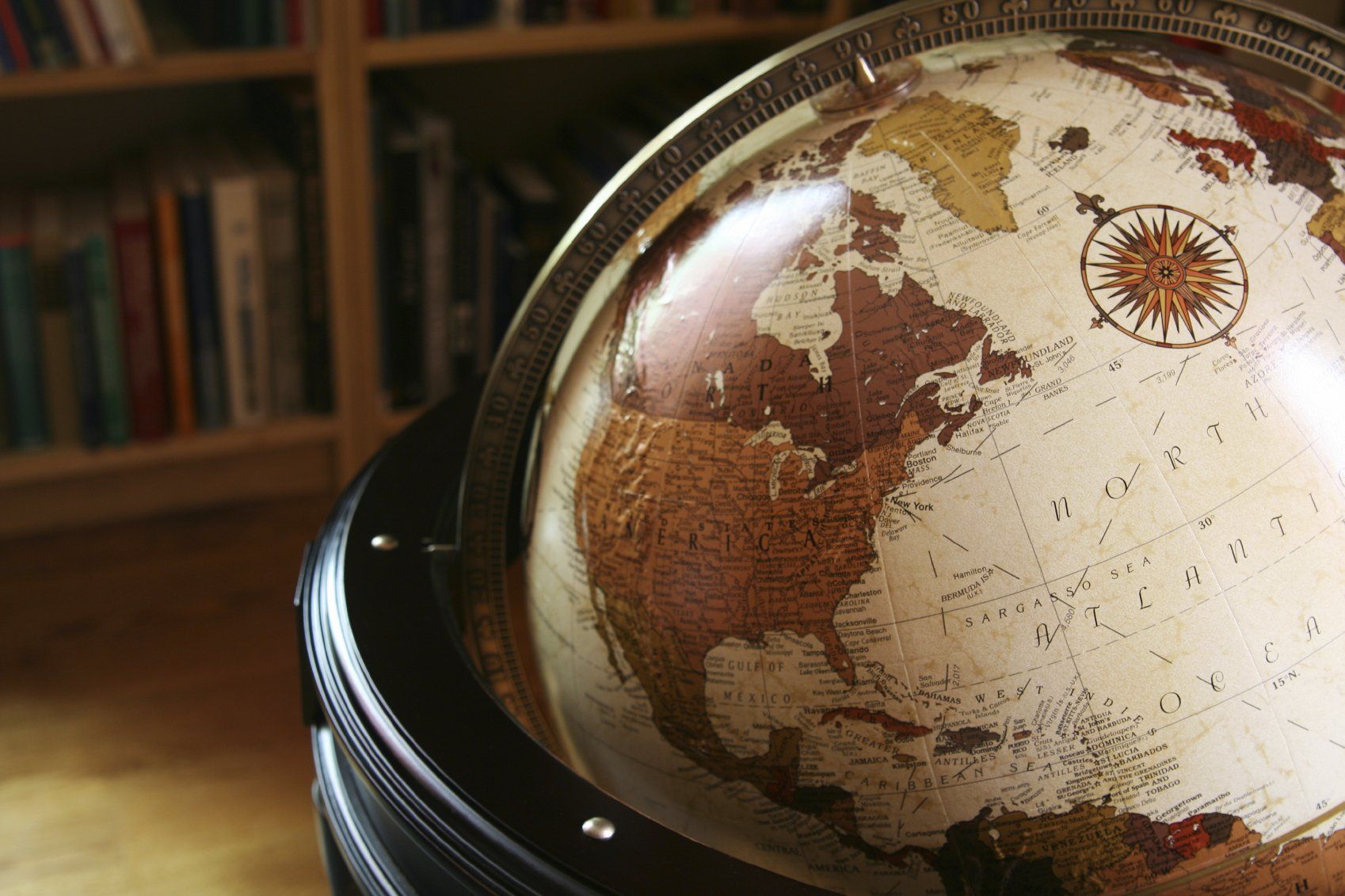
National Geographic Society
Royal Geographical Society
WorldAtlas.com


